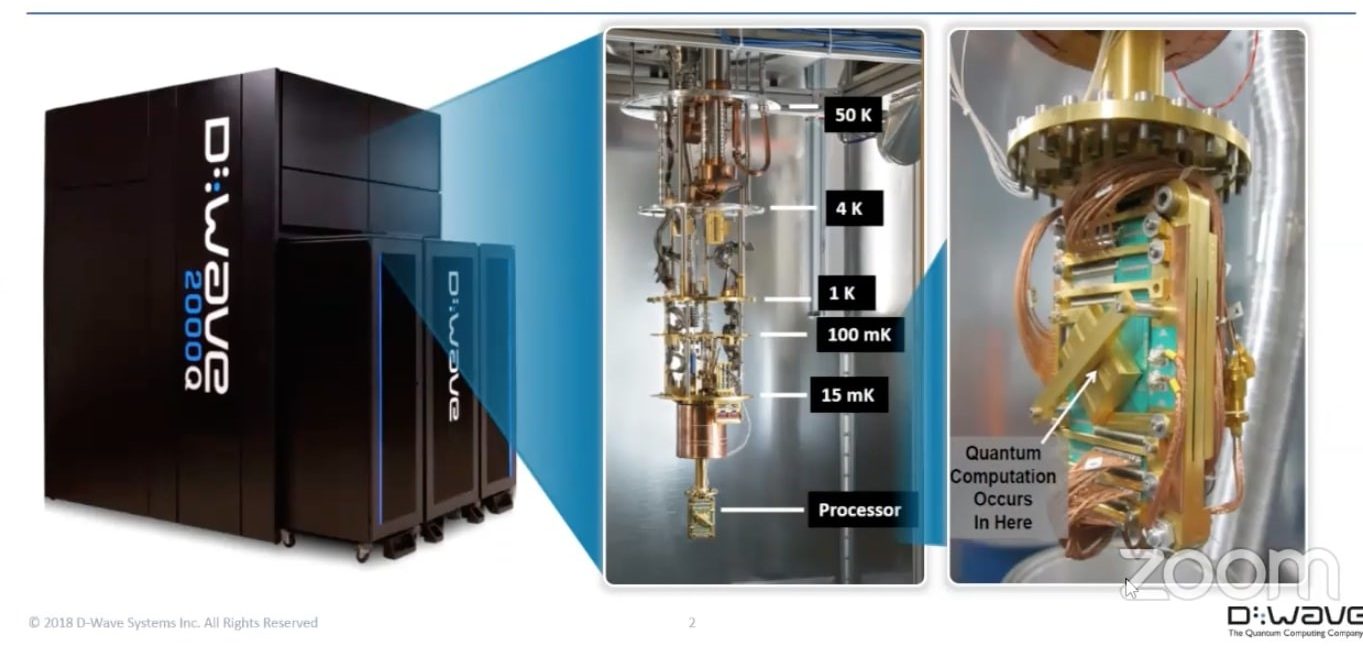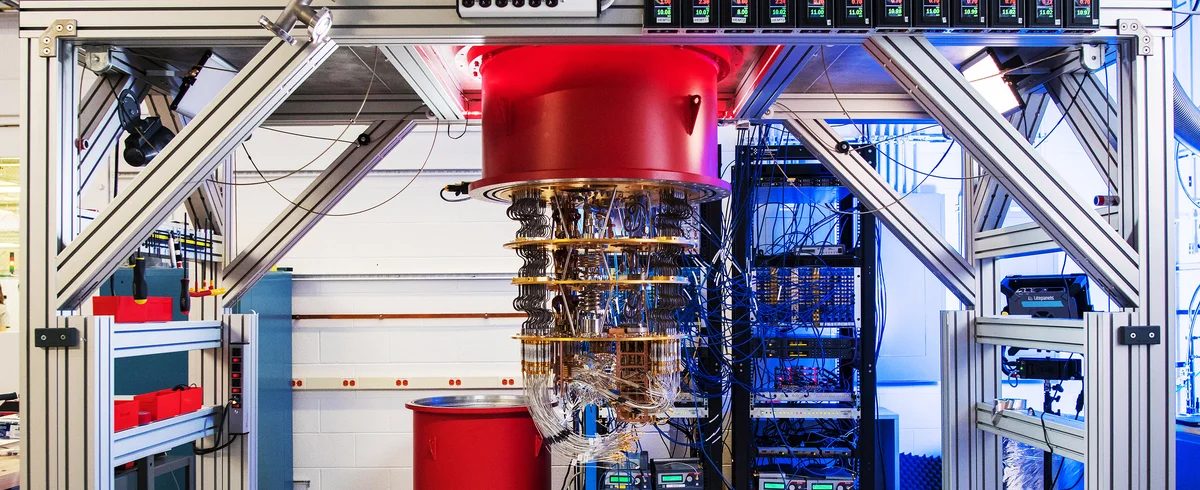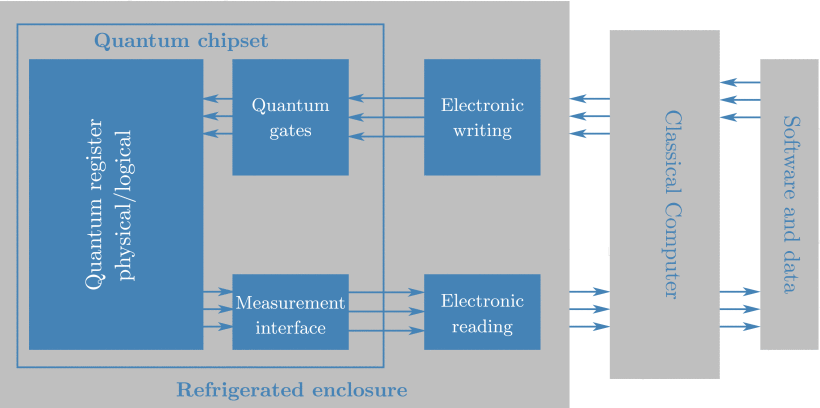Quantum computing is a new paradigm in computing that is based on the principles of quantum mechanics, which is a branch of physics that describes the behavior of matter and energy at the atomic and subatomic level. Unlike classical computing, which is based on bits (0 and 1), quantum computing is based on quantum bits or qubits. Qubits can be in multiple states at the same time, which allows quantum computers to perform multiple calculations simultaneously. Quantum computing is a revolutionary technology that has the potential to solve some of the most complex problems in the world, such as drug discovery, climate change, and cryptography.
Table of Contents
Advantages of Quantum Computing
Quantum computing has several advantages over classical computing. One of the biggest advantages is its ability to perform multiple calculations simultaneously, which can greatly speed up the calculation of complex problems. Another advantage is its ability to solve problems that are impossible for classical computers to solve. For example, quantum computers can factor large numbers in a fraction of the time it would take a classical computer.
Applications of Quantum Computing
Quantum computing has the potential to revolutionize several industries, including finance, healthcare, and security. In finance, quantum computers can be used to optimize portfolios and predict market trends. In healthcare, quantum computers can be used to simulate the behavior of complex molecules, which can lead to the discovery of new drugs. In security, quantum computers can be used to break encryption codes, which has led to the development of quantum-resistant encryption methods.
Challenges of Quantum Computing
Despite its potential, there are several challenges to the development of quantum computing. One of the biggest challenges is the development of reliable and scalable hardware. Another challenge is the development of quantum algorithms that can take advantage of the power of quantum computing.
Types of Quantum Computers
Quantum computers are a new type of computer that use the principles of quantum mechanics to perform calculations. They have the potential to solve problems that are impossible for classical computers to solve. In this blog post, we will explore the three main types of quantum computers: quantum annealers, gate-based quantum computers, and topological quantum computers.
Quantum Annealers
Quantum annealers are designed to solve optimization problems, such as finding the lowest energy state of a system. They use a process called quantum annealing to find the solution. D-Wave Systems is the only company that currently produces quantum annealers.

Gate-Based Quantum Computer
Gate-based quantum computers are based on the principles of quantum circuits. They use a set of basic quantum gates, such as the Hadamard gate and the CNOT gate, to manipulate qubits and perform calculations. The qubits are initialized in a known state, and the gates are used to manipulate the state of the qubits, encoding the problem and performing the computation. IBM, Google, and Rigetti Computing are some of the companies that produce gate-based quantum computers.

Topological Quantum Computers
topological quantum computer is a theoretical quantum computer proposed by Russian-American physicist Alexei Kitaev in 1997, they are gate-based quantum computer that use topological qubits, which are more robust against errors than other types of qubits. Microsoft is currently leading the development of topological quantum computers.
Each type of quantum computer has its own strengths and weaknesses, and researchers are still exploring the best ways to use them for different applications. Quantum annealers are best suited for optimization problems, while gate-based quantum computers are more versatile and can be used for a wide range of applications. Topological quantum computers are still in the early stages of development, but they have the potential to be more reliable and scalable than other types of quantum computers.
Conclusion
Quantum computing is a revolutionary technology that has the potential to solve some of the most complex problems in the world. As researchers continue to develop and overcome the several challenges to overcome, the potential benefits of quantum computers/computing make it an exciting field to watch in the coming years, certainly new types of QCs will emerge, and existing ones will be improved, we can expect to see more applications of quantum computing in the near future.
Reference
1. T. M. Khan and A. Robles-Kelly, "Machine Learning: Quantum vs Classical," in IEEE Access, vol. 8, pp. 219275-219294, 2020, doi: 10.1109/ACCESS.2020.3041719.



